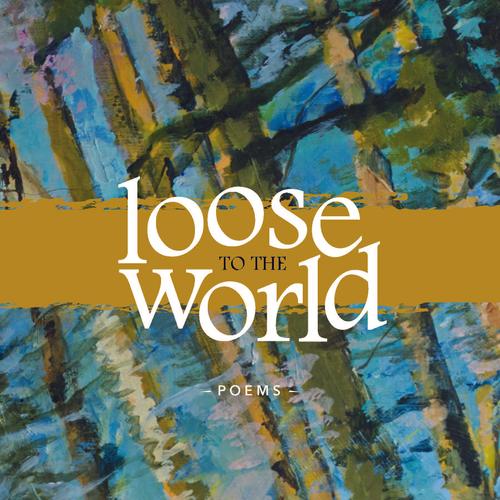These poems lead the reader into a world that reveals a balancing act between the familiar and known, the mysterious and wild. Some poems are narrative, some imagistic meditations, and some are small, playfulpieces that edge into wisdom: “Here, here, you sing and now / Between me and what I see / lives eternity.” Throughout there is a unifying voice that is all Rappaport’s own and (unimaginably) blends skepticism with mysticism. The poems present themselves as both playful and worldly wise. These are poems that prefer understatement to hyperbole, with the capacity to compact turns of phrase and occasional rhyme so as to maximize their energy. The very structure of the book — stating and then returning to themes — enhances the energy and freshness of the collection by placing contrasting poems in juxtaposition. Rappaport’s voice makes the reader lean in so as to better hear what will next be said: “I sometimes wonder who / else is living in this body.” His voice makes witty, humorous, truthful observations with a facility of language that is confident, relaxed, playful, and all his own.
